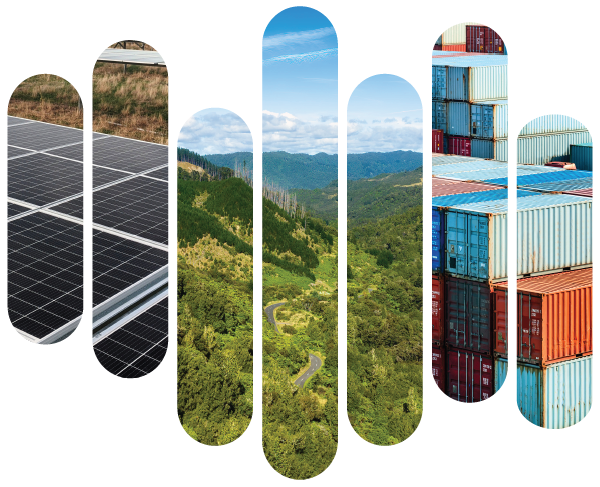Annual report for the year ended 30 June 2025

The Commissioner has released his annual report for the year ended 30 June 2025. Here is an abbreviated version of his overview. The full version can be read here.
“Over the last year, I have travelled widely in regional New Zealand listening to what farmers and rural communities had to say about my report on land use change, Going with the Grain. A common message I received was that our lurching, stop-start approach to policy development is not just a significant barrier to making progress on environmental outcomes, but a real turn-off for many people who want to get on with improving things. The pervasive uncertainty hanging over the direction of policy means investing in solutions is seen as risky. With the policy landscape still up for grabs after a decade of sustained calls for action on water quality, biodiversity and climate, people are losing interest.
Despite that, there is widespread agreement across rural New Zealand on the greatest environmental challenges we face: climate change, freshwater quality, biodiversity loss and the growing threat from pests and weeds. There is also broad understanding about the long-term, interconnected nature of these challenges and the need for sustained, joined-up solutions.
Solutions to these challenges will never be available within the three years term of a government and if every government feels compelled to start from scratch, even making a start is well-nigh impossible. This is why broad, cross-party consensus on our overarching environmental goals and wide support for our environmental management system is so important.
Building an enduring consensus is no easy task – but there are at least three points that I hope all politicians should be able to agree on if we are to have any chance of at least maintaining, and hopefully improving, our environment.
The first is an understanding that our economy is a subset of the environment, not vice versa. After years of raiding the environmental piggy bank for human progress, the environment is starting to send us invoices.
The second issue on which politicians should be able to agree is the critical importance of high-quality, spatial, multi-layered environmental information to decision-making. Without such information, we simply cannot run a modern economy. Investing in improving information and its accessibility is a core responsibility of central government – as crucial to our nation as investment in defence or law enforcement.
A third point of consensus should be an understanding that while most environmental challenges are in the hard basket they don’t have to be in the too-hard basket provided we’re honest about the time frames and costs that tackling them will require.
Calling for consensus can, perhaps fairly, be dismissed as a piece of Pollyanna-ish meliorism. There are always different ways of achieving things. But achieving at least a durable framework onto which we can map our disagreements and having the evidence base to make good decisions doesn’t seem too much to ask.”

